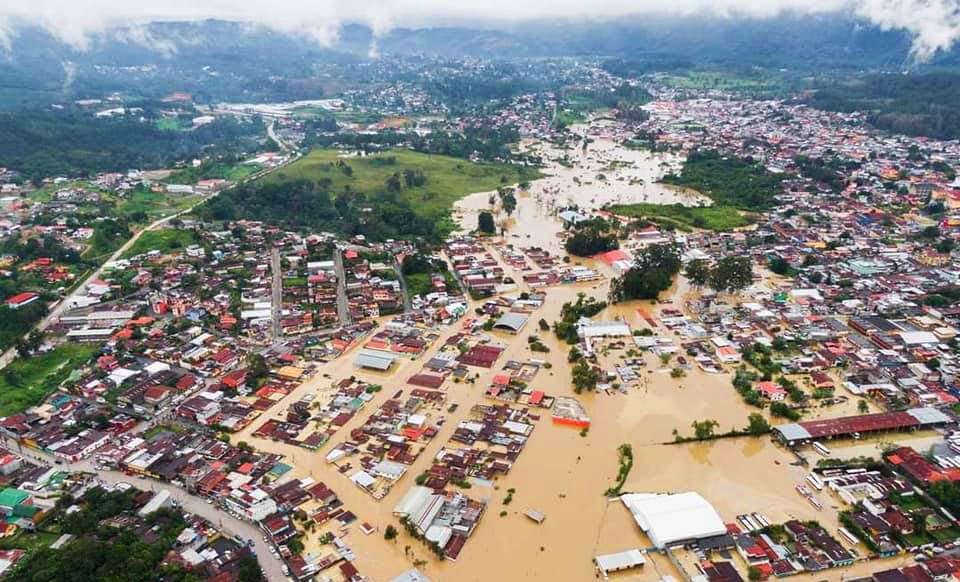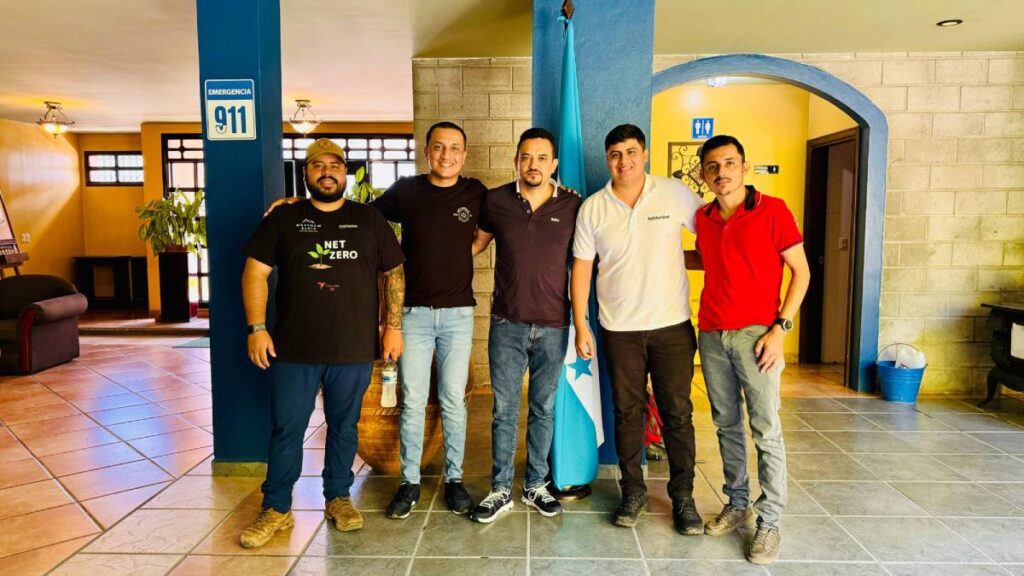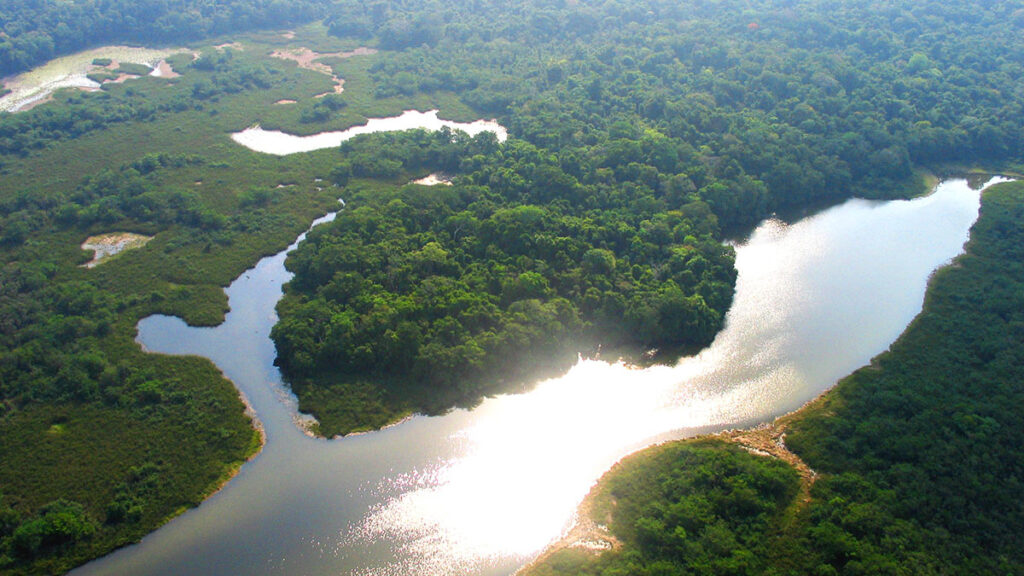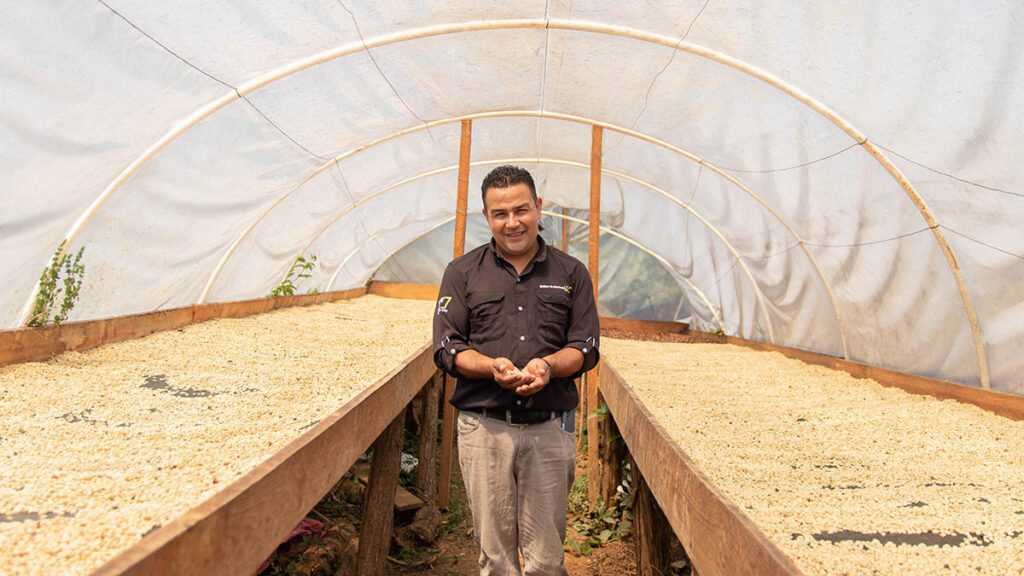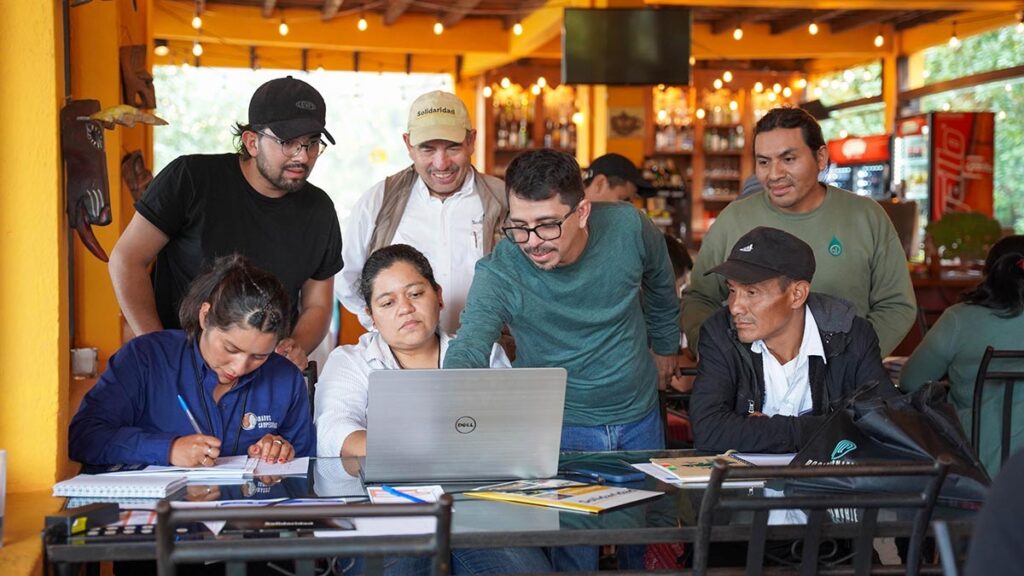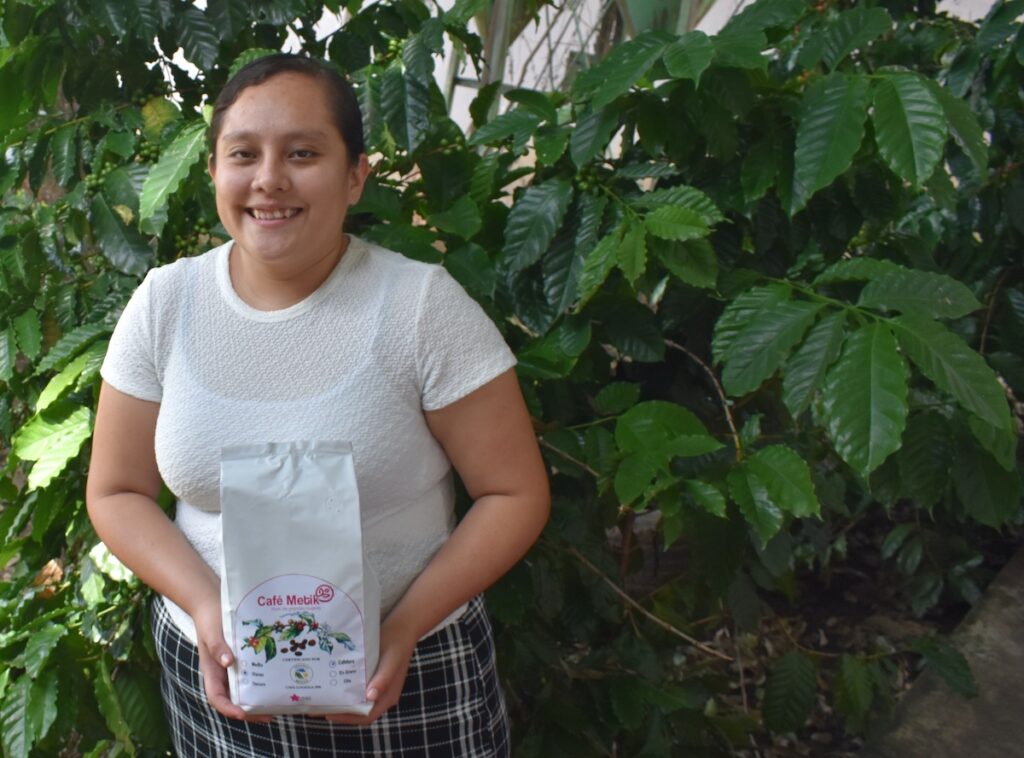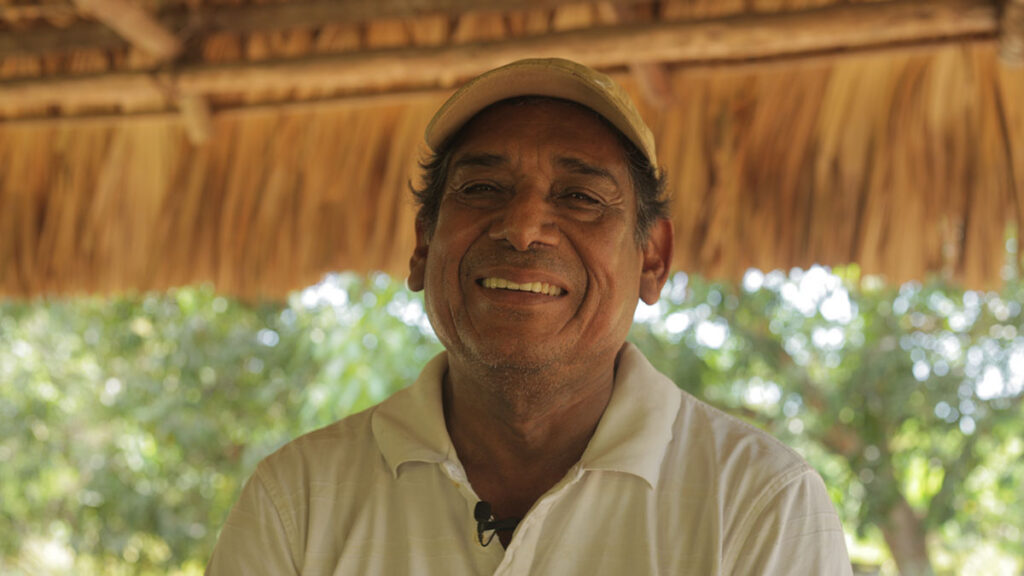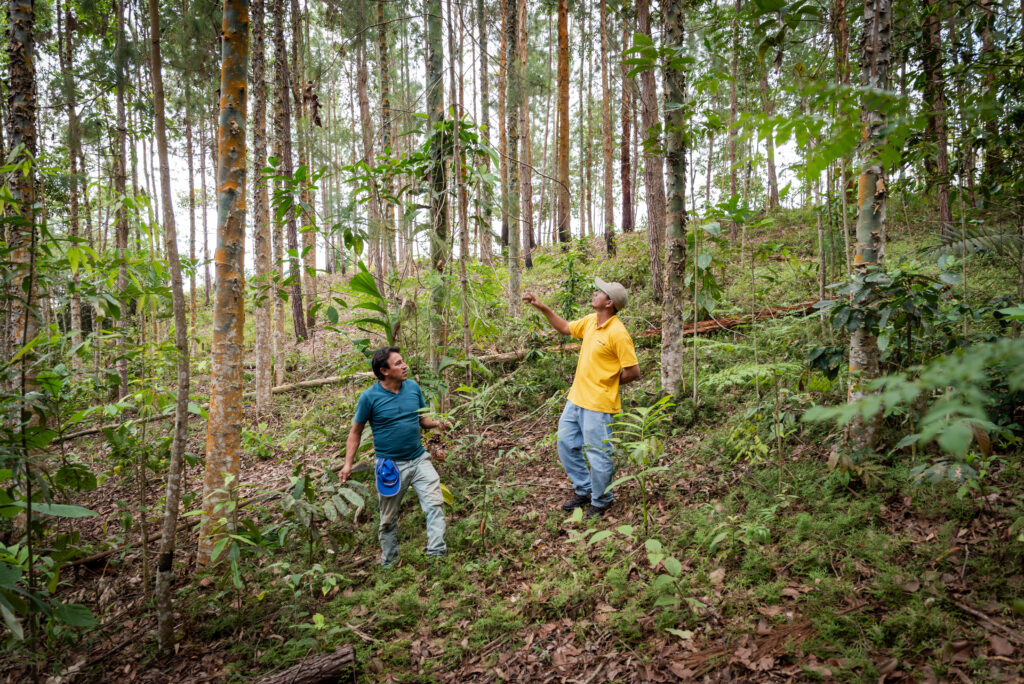Carbon dioxide (CO2), present in the planet’s natural cycles, is considered a greenhouse gas (GHG). This means that it retains heat within the atmospheric layer. Increases in GHGs have caused some unfavorable climate changes in recent decades, such as a record hurricane season in 2020.
One of the global goals is to reach “zero emissions” by 2050, which means that we would not be adding new emissions to the atmosphere. To contribute to this global goal in the coming decades, it is necessary to take immediate action, from the perspective of countries and regions.
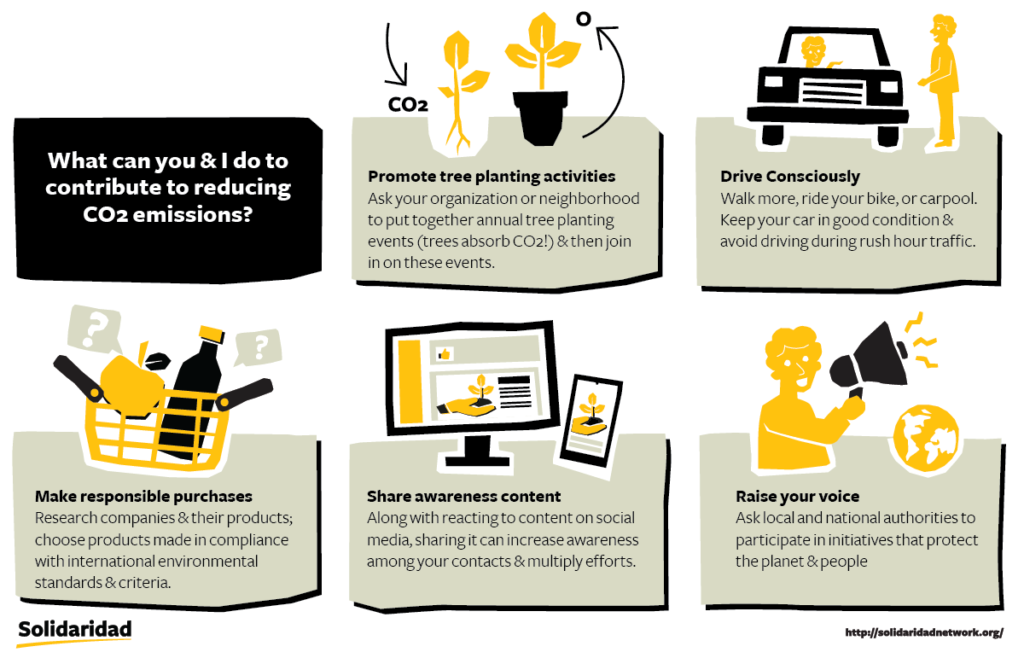
What can we do to contribute to reducing CO2 emissions?
There are a variety of actions that each of us can take. Here are a few, inspired by suggestions from the Sustainable Development Goals site:
- Promote tree planting activities: Ask your organization or neighborhood to put together annual tree planting events (trees absorb CO2!) and join these events.
- Drive Consciously: Walk more, ride your bike, or carpool. Keep your car in good condition and avoid driving during rush hour traffic.
- Make responsible purchases: Research companies and their products; choose products made in compliance with international environmental standards and criteria.
- Share awareness content: Along with reacting to content on social media, sharing it can increase awareness among your contacts and multiply the efforts.
- Raise your voice: Ask local and national authorities to participate in initiatives that protect the planet and people.
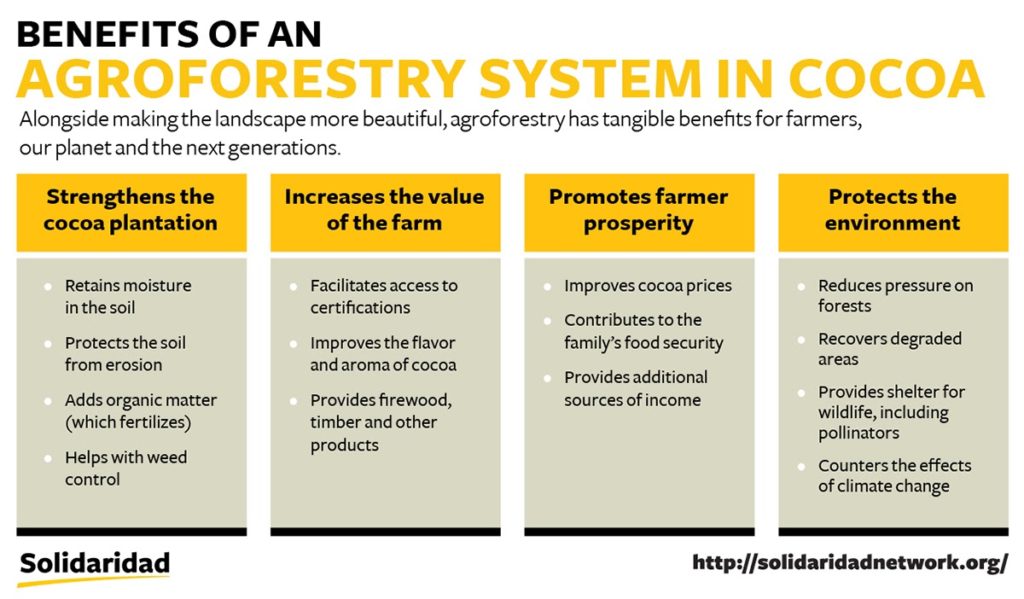
Environmental education is necessary to contribute to reducing CO2 emissions
We need to talk about environmental education, so that we can all understand the importance of contributing to reducing CO2 and other GHGs emissions, build awareness and effect changes to improve our interactions with the environment. At Solidaridad we recognize that in order to generate change that matters we must include environmental education in a cross-cutting way in our programs.
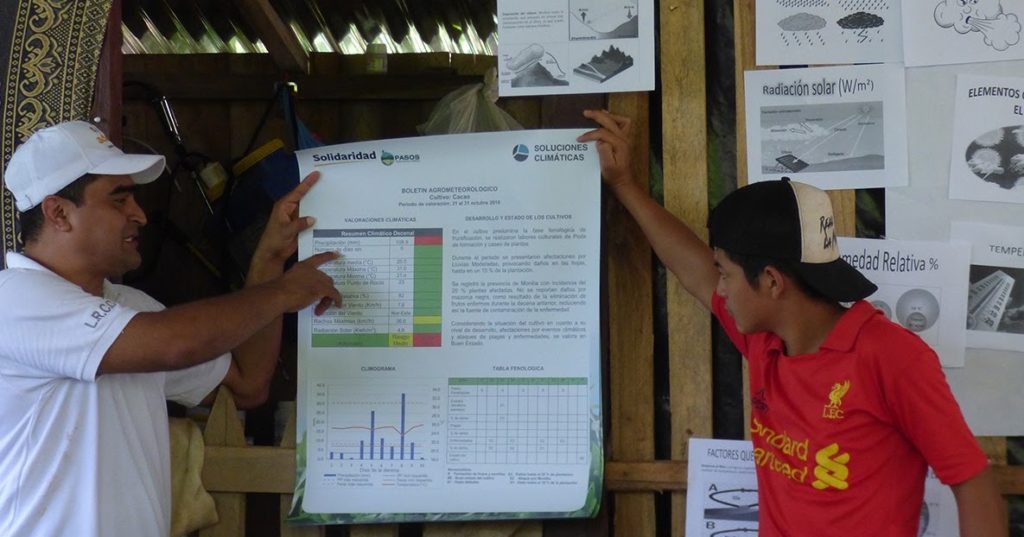
We work through an integrated landscape strategy within the region’s value chains to generate spaces in which training initiatives, exchange of experiences, strengthening of policies, agreements and commitments between multiple actors can be developed.
Solidaridad has initiatives that contribute to reducing CO2 emissions in Mesoamerica
Balance with nature is one of the principles of sustainability with which we validate all our interventions. Through inclusive training initiatives, we have taken some steps so that production in Central America, Mexico and the Caribbean is respectful of the planet.
We provide environmental education through farmer field schools and demonstration plots to generate behavioral changes in producers. For example, introducing the climate-smart coffee systems and building capacities of women and youth to grow cocoa in an agroforestry system allows them to reap more benefits from the land on their plots, while avoiding deforestation practices, reducing the use of synthetic fertilizers and promoting organic fertilizers instead.
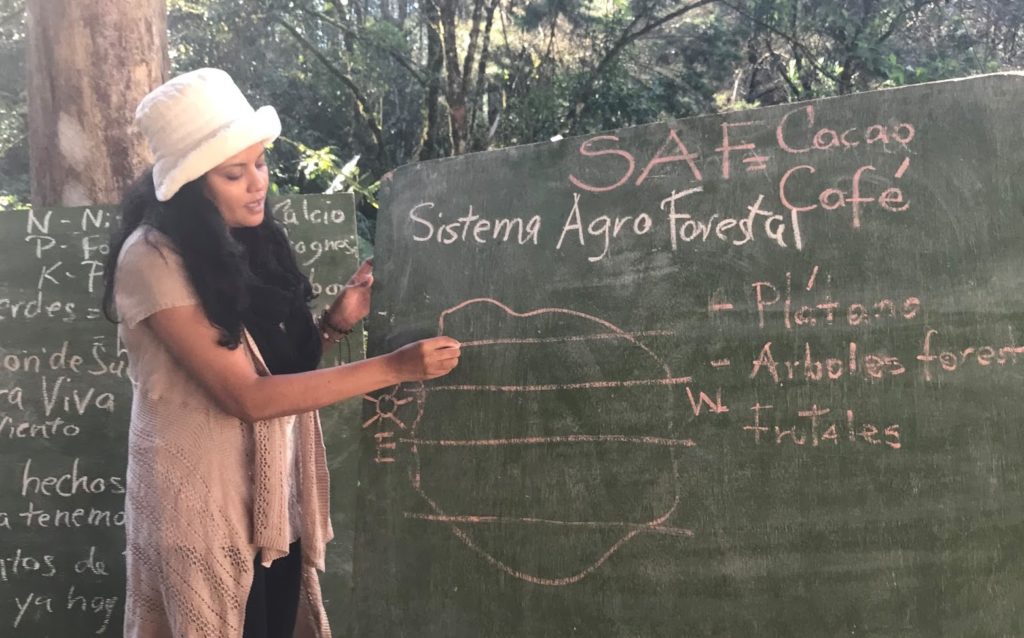
We also provide training and technical assistance to cocoa, palm oil and sugar cane processing companies, so that they invest in actions that protect natural resources and reduce their operations’ carbon footprint.
Forming and/or participating in stakeholder platforms such as MAPA, Nicafés and the Sustainable Coffee Platform of Honduras allows us to support the strengthening of existing policies and to promote the co-creation of new policies that promote climate action, such as zero deforestation.
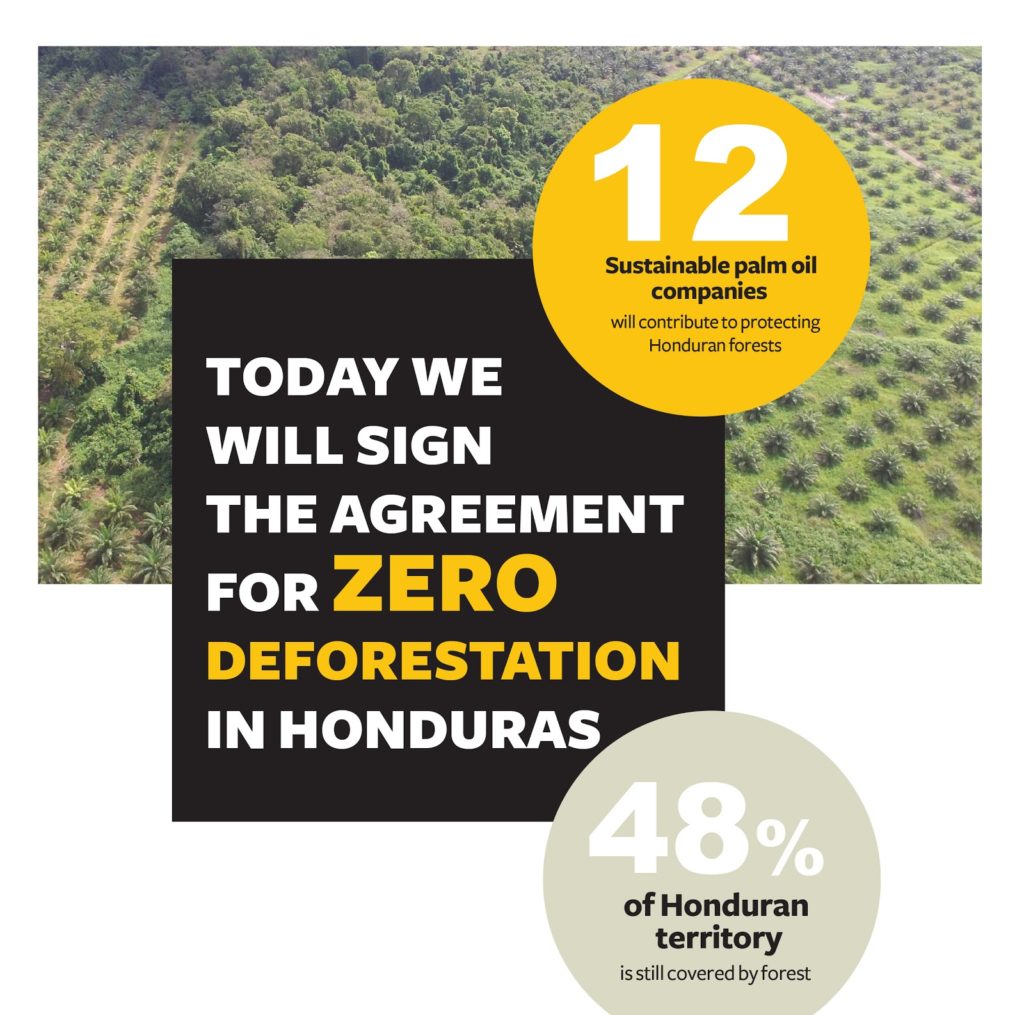
Solidaridad’s emissions reduction initiatives in the region going forward
Starting in 2021, Solidaridad will work on its “Reclaiming Sustainability” strategy, which will continue to support producers to seek more efficient methods to sustainably increase productivity, improve adaptation capacity and reduce CO2 and other GHG emissions. We will also continue to promote climate-smart practices that store more carbon dioxide, for example through the use of tree cover practices.

